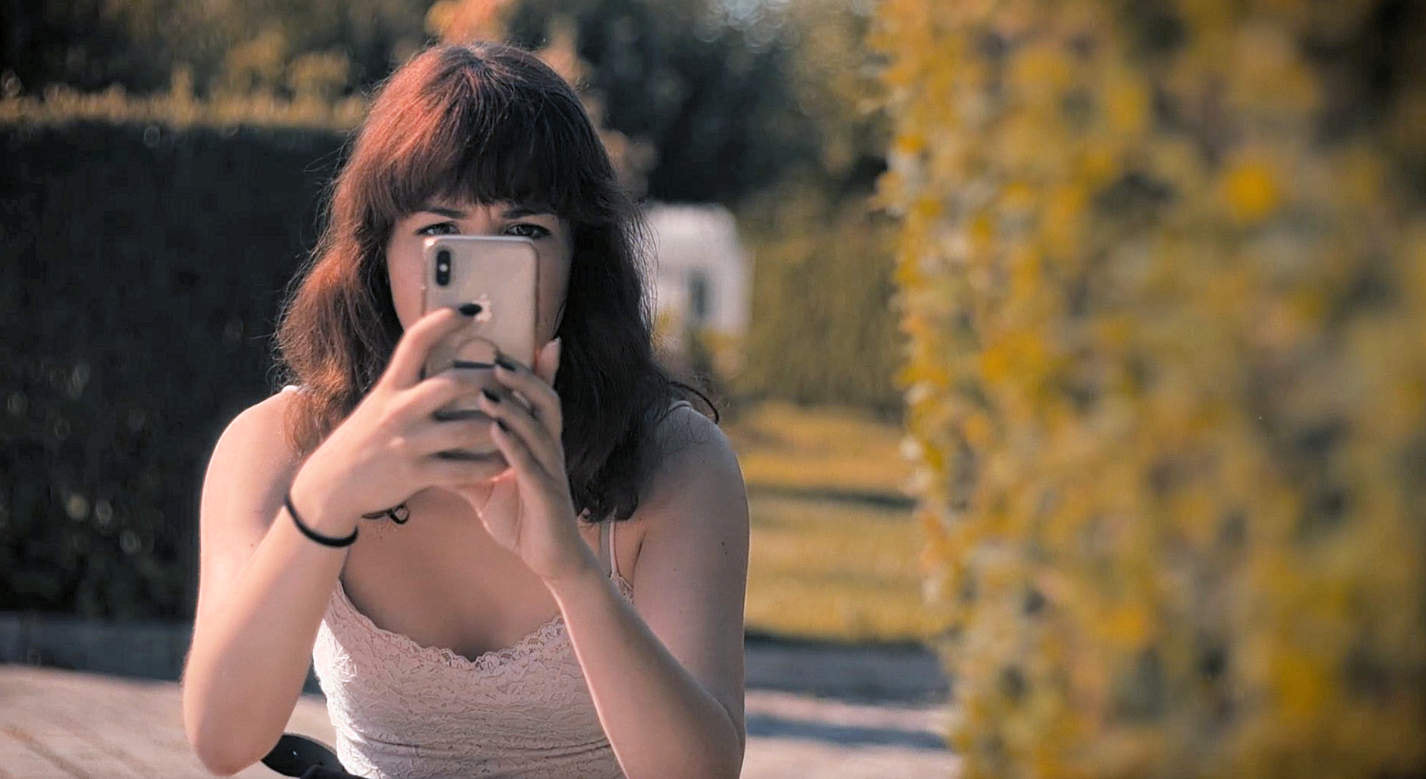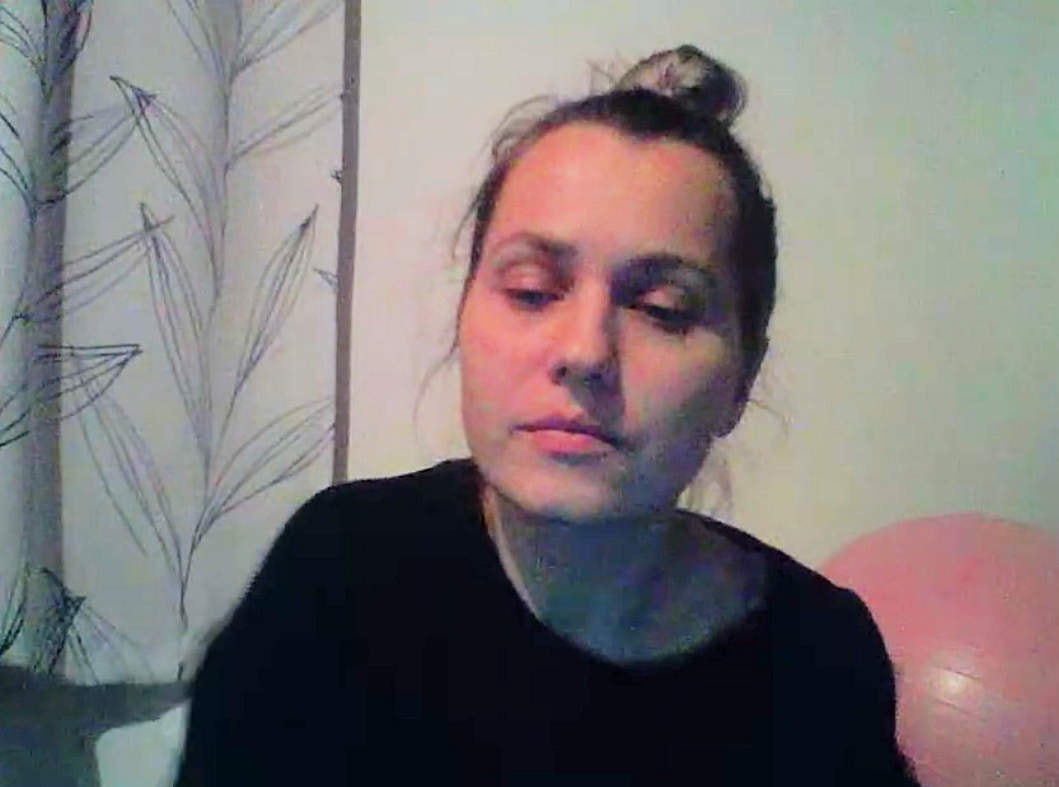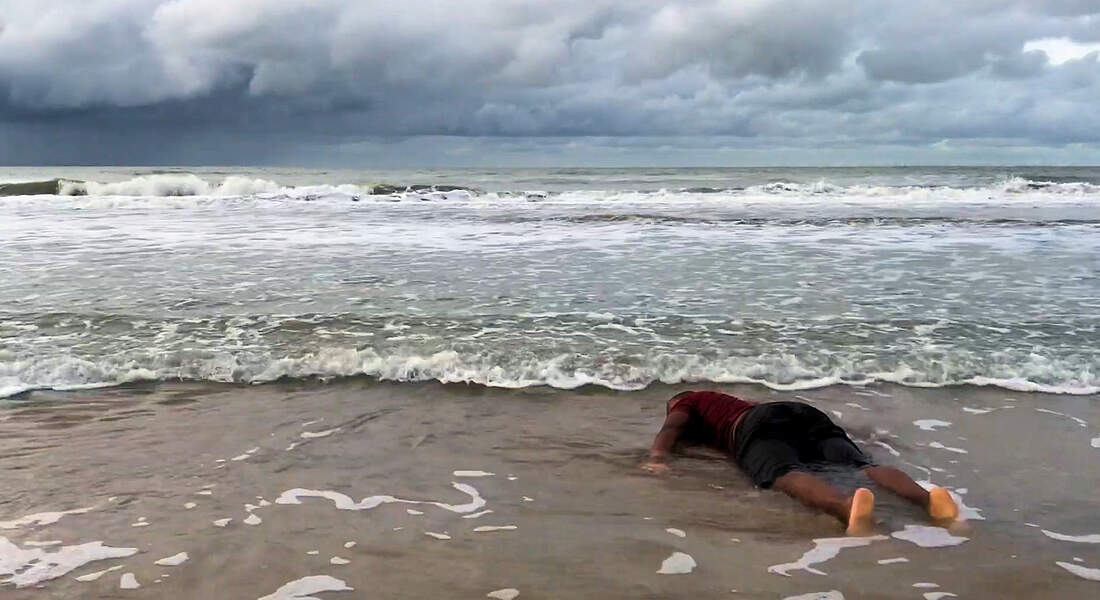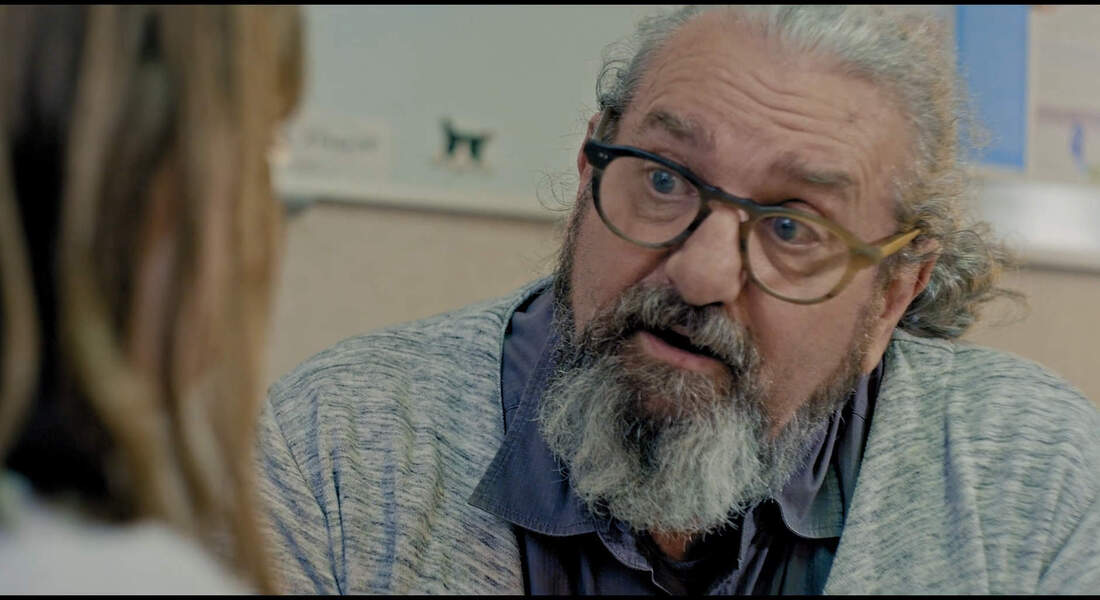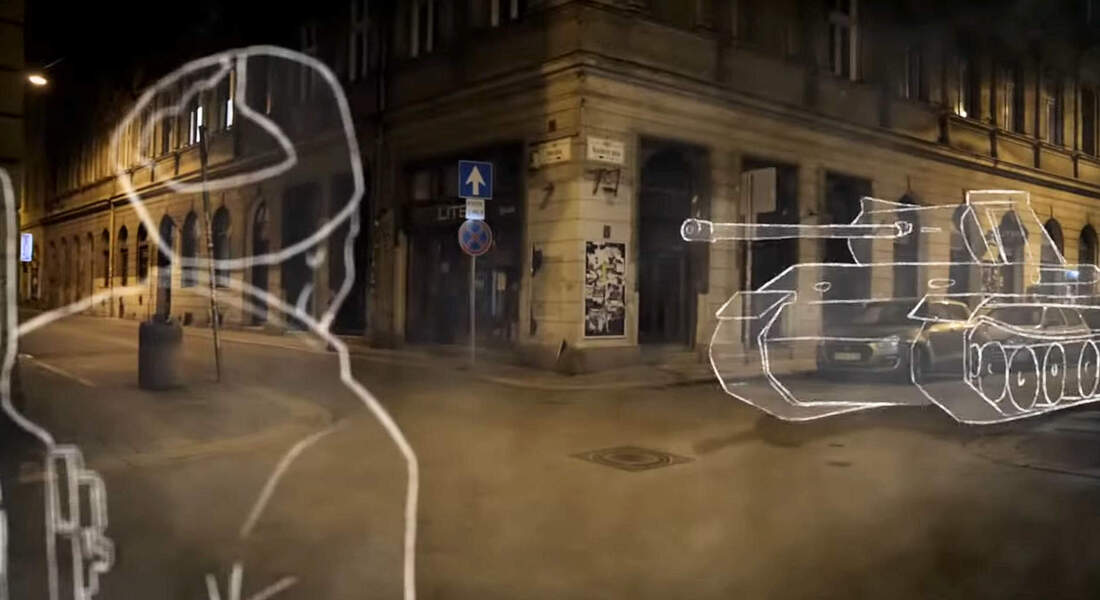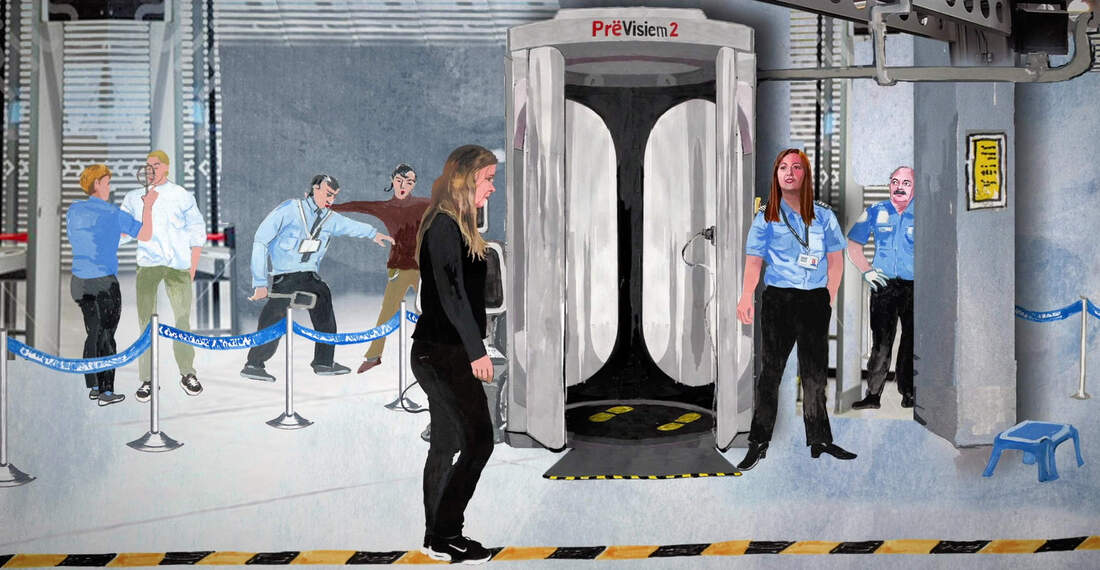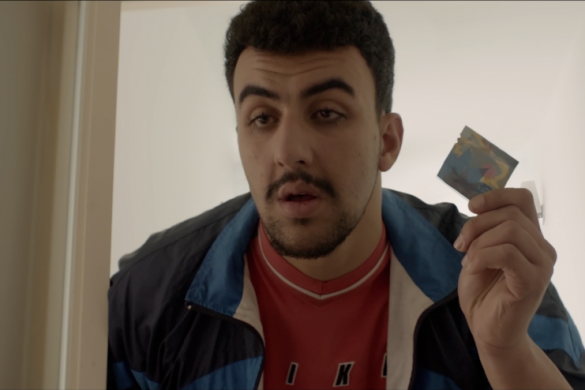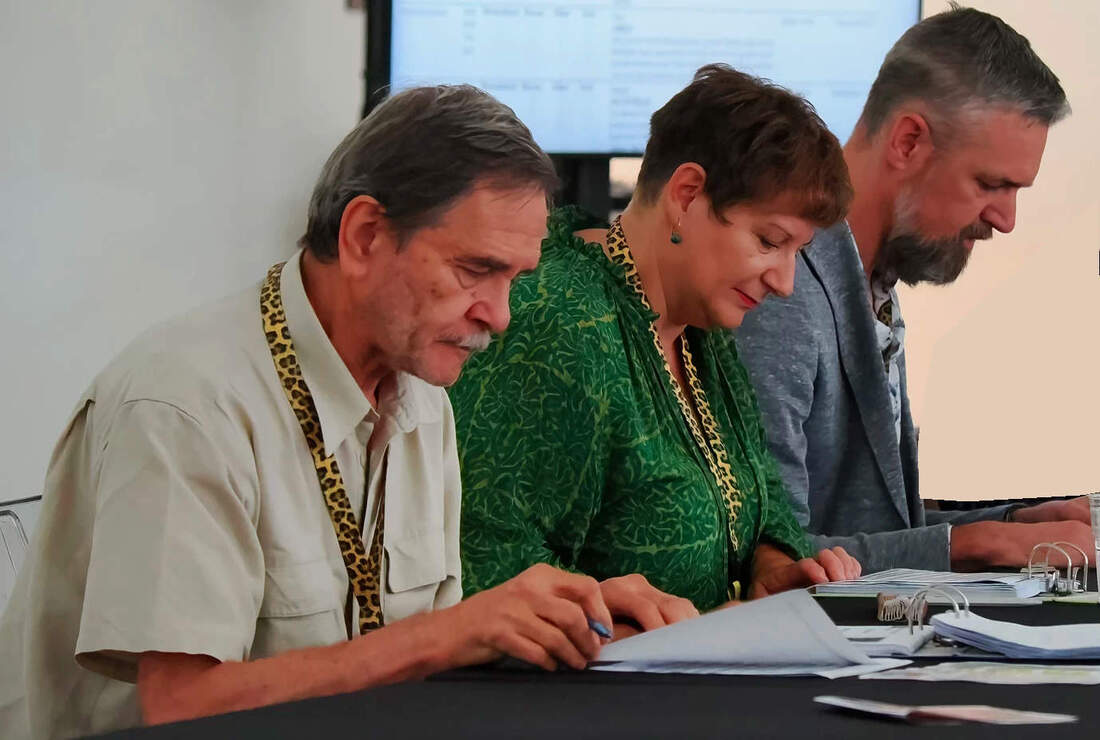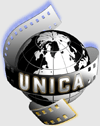FILMS
It is very hard to convey the pleasure in seeing so many films from different countries, different traditions and with so many intriguing viewpoints. Not all are wonderful, but the great majority are worth seeing. They become the topic of conversations over coffee, beer or Aperol Spritz. In the COVID years we had almost forgotten the sheer pleasure of communal film watching, where subtle changes in the audience behaviour influence our own perceptions.
To mention just a few of the movies I found memorable:
To mention just a few of the movies I found memorable:
- Grandpa and the Chair (Slovenia): an old man painstakingly builds a dining chair, watched covertly by a youthful neighbour. When the carpenter takes a break, the neighbour slips in and destroys the part-finished piece. A young woman sees this, shares it on social media and starts a protest. When the old man patiently rebuilds and completes the chair, a crowd of well-wishers protect it. The old man takes it into his garage, closes the door and slings a noose over a roofbeam …
- In The Pleiades (Croatia) a woman compares fresh NASA images with the results of her breast scan. It was thoughtful, poetic and touching.
- The Seaside is our Home (Luxemburg) showed happy holidaymakers sunbathing, paddling and swimming. Kids ran around. Everyone ignored the body of a black man lying face down in the surf. How guilty are we all about refugees!
- Many hearts were touched by The Last Day (France). A doctor closing his practice on the final day of his service, helps a distressed mother with a sick little girl. His kind manner makes a connection with the child. Years later we see her starting her first day as a hospital doctor.
- I Still Remember (Hungary) dealt with memories of the war made powerful by outline animations against real night time city scenes.
- Austria’s list included a deceptively simple story, but done so well the audience were vocally involved. In The Traffic Light a conscientious driver faces a light stuck on red. Every time he tries to move, an officious police woman spots it and stops him. Made by a husband and wife during COVID lockdowns it will doubtless inspire many copies.
- Ever had problems going through airport security? Try to catch Madam, You Made My Day (Sweden), a gem made in rotoscoped animation.
- Breaking and Entering (Spain) is a riotous series of accidents and complications which escalates through a jungle of racial prejudice. A young Arab man is innocently in a rich family’s home ...
SCHEDULE
The idea was to pack the national film programmes into three days, with a fourth at the end for the General Assembly (AGM), final jury decisions and prize giving. This aimed to reduce the costs and the “time off work” requirements for visitors. Those who wished to go on excursions enjoyed a day beforehand and two days afterwards seeing the area. In fact, 75 people went on the first post-event excursion and slightly fewer on the second one.
The tight schedule meant each country was restricted to 40 minutes and a maximum of 4 films.
Screenings started at 9am with comfort breaks mid-morning and mid-afternoon. 90 minutes was free for lunch. We were in the cinema until 7pm. (The national programmes often finished earlier but short special film shows were added each day featuring local film makers or items of interest to film visitors.)
At 8.30pm each night the jury discussed every film seen that day. They spoke in German and simultaneous translation was offered in French and English. There was a short break during these discussions and the sessions ended around 10pm.
The tight schedule meant each country was restricted to 40 minutes and a maximum of 4 films.
Screenings started at 9am with comfort breaks mid-morning and mid-afternoon. 90 minutes was free for lunch. We were in the cinema until 7pm. (The national programmes often finished earlier but short special film shows were added each day featuring local film makers or items of interest to film visitors.)
At 8.30pm each night the jury discussed every film seen that day. They spoke in German and simultaneous translation was offered in French and English. There was a short break during these discussions and the sessions ended around 10pm.
JURY
Not that the jury took note of my prejudices! They awarded just four Gold Medals, eight Silver Medals, 15 Bronze Medals and 17 Diplomas of Honour. (See the UNICA-Awards-2022.pdf.) That is not a complaint about the judging team of Sandor Buglya, Thomas Schauer and Jacqueline Pante – who gave interesting comments on every film.
